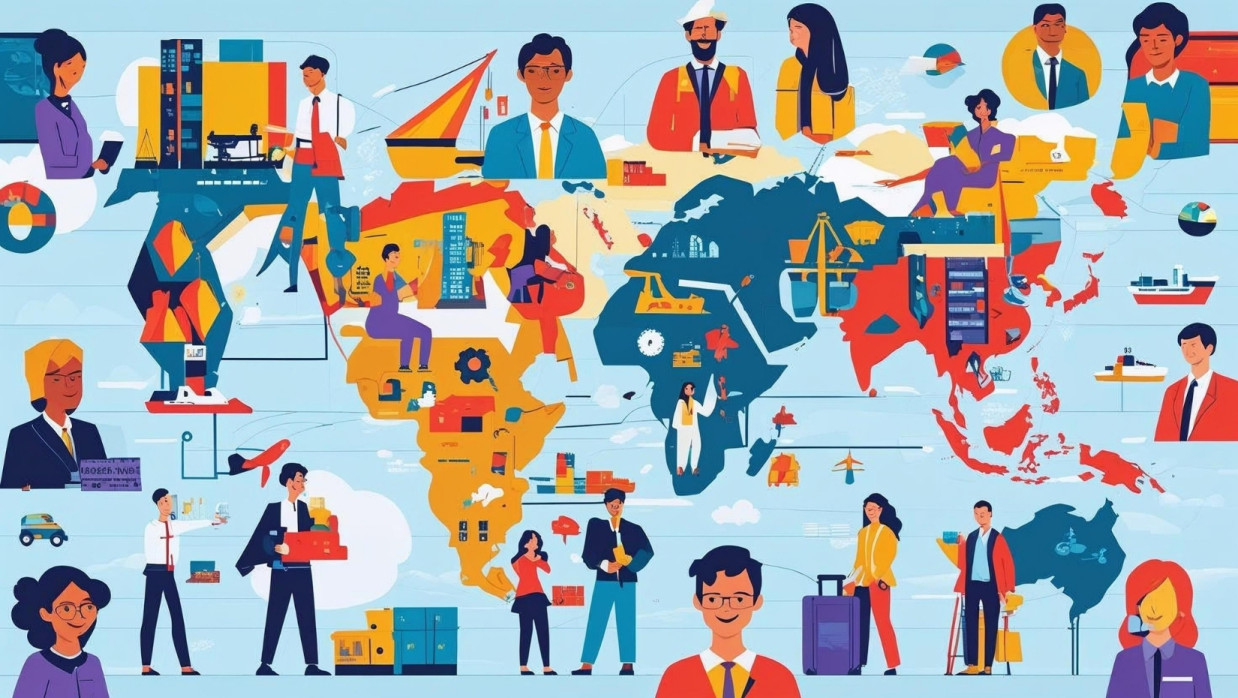
Does Free Trade Always Benefit the Global Economy?
- ০৮ মে ২০২৫, ১২:২৮

Free trade is often hailed as a driver of global prosperity, but critics argue it harms workers in vulnerable regions. What’s the truth? The World Trade Organization credits trade liberalization with boosting global GDP by 20-25% since 1990, as countries like Vietnam and Bangladesh saw export-led growth. A 2025 IMF report notes that trade reduces consumer prices and fosters innovation through competition. However, it also acknowledges losers: manufacturing job losses in developed nations like the UK and the U.S., and environmental strain in developing countries.
Oxfam argues free trade exacerbates inequality, as benefits skew toward multinational corporations and wealthier nations. For instance, sub-Saharan African countries often face trade imbalances, exporting raw materials but importing costly finished goods. A 2024 UNCTAD report shows global trade growth slowed to 1% in 2023, reflecting supply chain disruptions and protectionist policies, like India’s export restrictions. Yet, The Conversation argues that trade’s benefits outweigh costs if paired with retraining programs and environmental safeguards. Free trade drives global growth but requires policies to mitigate its uneven impacts, ensuring workers and smaller economies aren’t left behind.